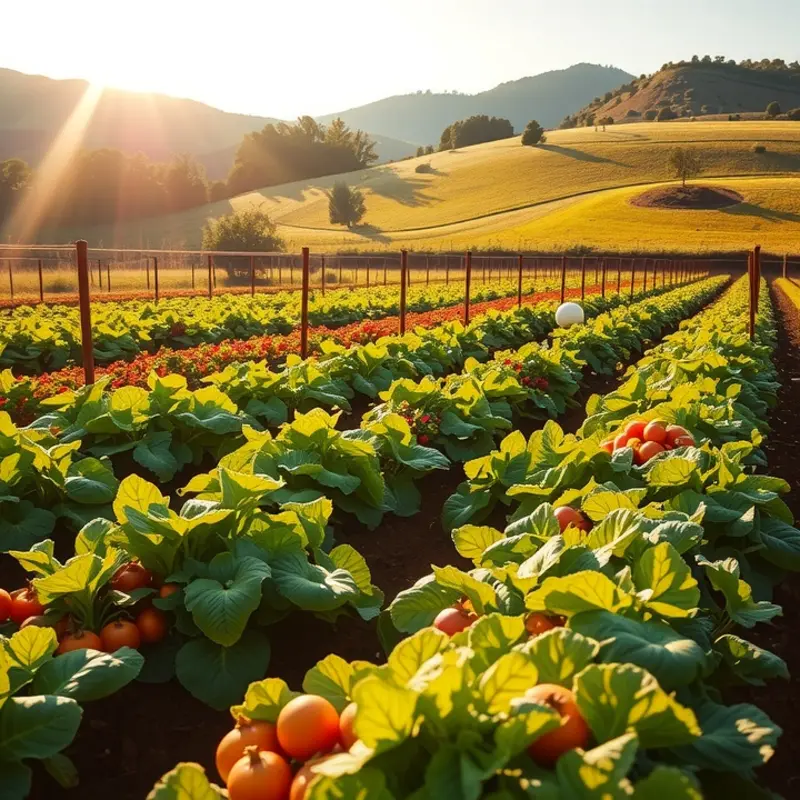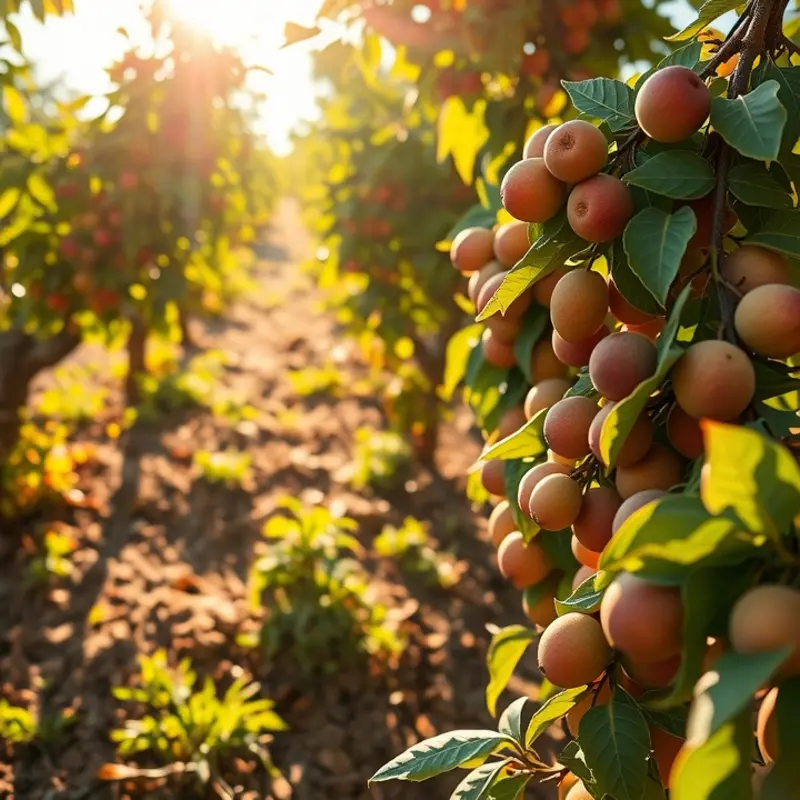Embracing low-carbon breakfast options not only supports personal health but also contributes positively to the environment. Every meal is an opportunity to make conscious decisions that reduce our carbon footprint. By focusing on plant-based ingredients and minimizing food waste, we can create delicious breakfasts that nourish our bodies and the planet. Explore a range of practical, low-carbon breakfast ideas that make it easy to incorporate sustainability into your morning routine.
Wholesome Plant-Based Options

Exploring plant-based breakfast options can spark both your creativity and commitment to the environment. Plant-based meals require fewer resources, resulting in lower carbon emissions. Each bite is a step towards sustainable living, offering nourishment and new culinary adventures.
Start incorporating seasonal fruits and vegetables into your breakfasts. They demand less transportation and storage, reducing carbon emissions. Strawberries in spring or apples in autumn introduce fresh flavors and textures. Dice them into your morning oatmeal or blend them into a refreshing smoothie. Seasonal choices not only taste better but are also kinder to the planet.
Whole grains are another cornerstone of a low-carbon breakfast. These nutrient-rich powerhouses are versatile and easy to prepare. Rolled oats, quinoa, and buckwheat can transform into hearty porridge or crisp granola. Whole grains offer essential fiber, sustainable energy, and support overall health. Play around with toppings like nuts, seeds, or a dollop of almond butter for additional nutrition and taste without excessive carbon costs.
Legumes deserve a special mention in the plant-based breakfast lineup. Slightly unconventional, chickpeas or lentils provide a robust nutritional profile with protein, iron, and folate. A simple chickpea scramble or a lentil-stuffed dosa can become a savory breakfast favorite. Embracing legumes introduces a protein-rich start that’s environmentally friendly and delicious.
For those exploring new flavors, experiment with spices and herbs. Turmeric, cinnamon, or ginger can elevate simple dishes into aromatic delights. They support a plant-based diet with minimal environmental impact. Incorporate them into fruit-infused porridge or spicy scrambled tofu for flavor variety.
Mindful consumption also involves thoughtful kitchen storage. Keeping fruits and vegetables fresh maximizes their use and reduces waste. Consider reading about eco-smart kitchen storage techniques to minimize food spoilage and extend your produce’s shelf life.
Adopting plant-based breakfast ideas is a nourishing path that balances health, taste, and environmental impact. Begin with these small changes and enjoy a more sustainable start to your mornings.
Minimizing Waste and Maximizing Flavor

Reducing breakfast waste can be as gratifying as it is sustainable. How we manage food scraps and leftovers is key. Meal prepping allows us to incorporate planning with eco-consciousness, reducing unnecessary waste. By creatively using what remains from other meals, we can turn ordinary ingredients into extraordinary breakfasts. For example, using excess vegetables to create a morning omelet is both practical and flavorful.
Consider adopting habits like proper food storage to prolong freshness. This might involve learning about eco-smart kitchen storage, which aligns functionality with environmental responsibility. By storing foods correctly, less will spoil, allowing for a broader palette of ingredients readily available when inspiration strikes.
Stale bread can become a delicious French toast or breadcrumbs for baking. Overripe fruits make perfect additions to smoothies, pancakes, or oatmeal, enhancing flavor without additional expense. The concept is to view every potential ‘waste’ item as an opportunity to reimagine it.
Composting is another essential practice. Scraps such as eggshells, coffee grounds, and vegetable peels are not destined for the landfill when a compost bin is available. This process reduces organic waste and can, in turn, enrich home gardens. Integrating a compost routine into your morning helps complete the cycle of sustainability.
Recycling packaging effectively is equally crucial. Prioritize buying products in recyclable containers or consider bulk food shopping to minimize single-use packaging. Your recycling habits at breakfast influence the broader environment.
To maximize flavor without increasing waste, experiment with flours from different grains to provide diversity. These can be transformative in waffles or batch-baking bread. Explore ingredients like dates for natural sweetness instead of processed sugars, bringing both depth and nutrition.
Transitioning to a low-carbon breakfast approach requires creativity and mindfulness. By planning, utilizing leftovers, and composting, you not only minimize waste but also elevate the taste and quality of your meals. This balance of waste reduction and flavor enhancement is critical to maintaining a sustainable kitchen routine.
Final words
Low-carbon breakfast options not only support a healthier lifestyle but also play a vital role in reducing our impact on the environment. By embracing plant-based, seasonal ingredients, and minimizing food waste, every meal becomes a conscious choice toward sustainability. As you start your day, remember that even small changes can lead to significant environmental benefits. Let your breakfast be a source of nourishment for both you and the planet, setting a positive tone for the rest of your day. Together, we can make eco-friendly food choices that contribute to a brighter future.








